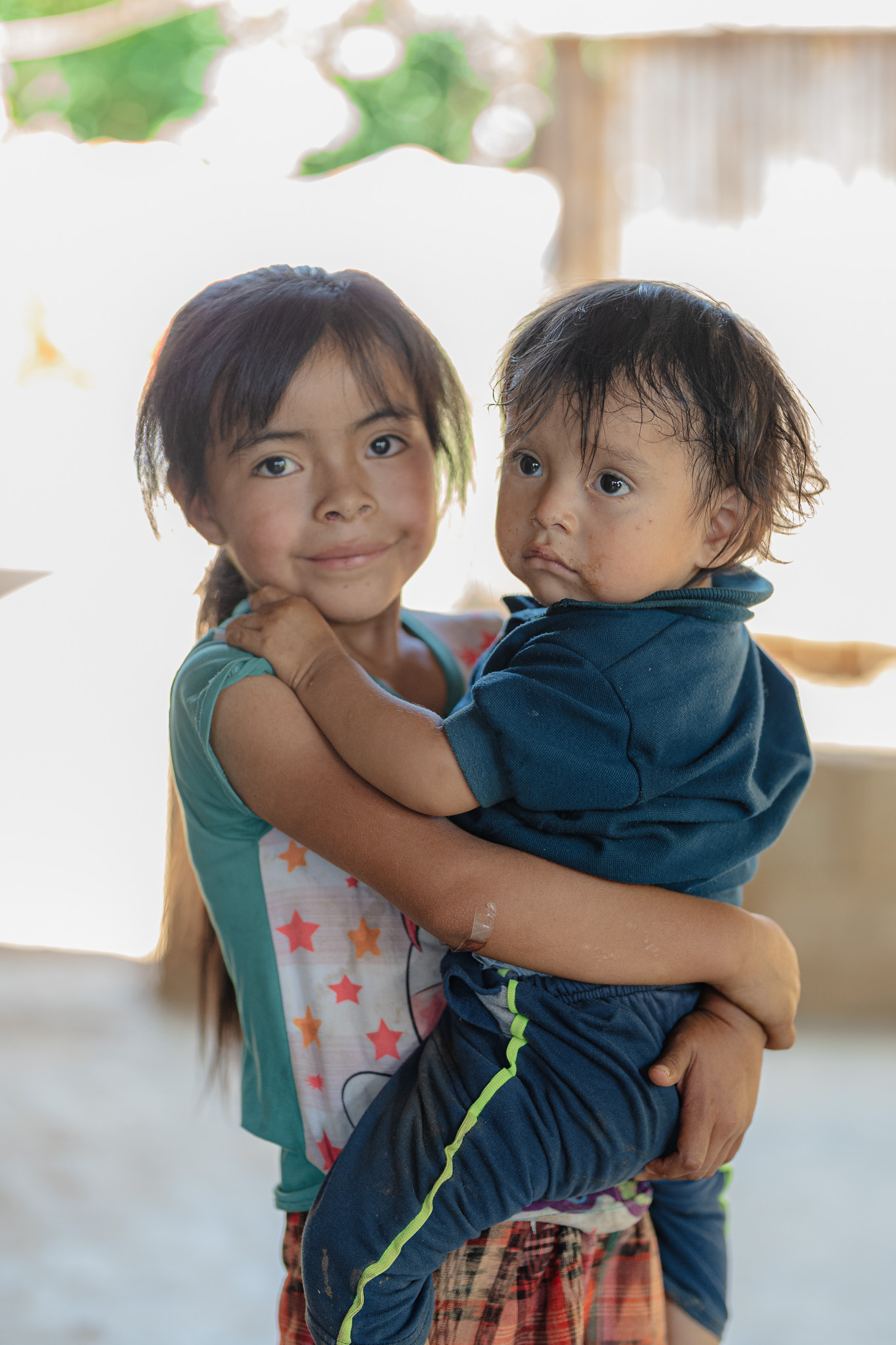Health
quality of Life
Our goal is to reduce child mortality rates and improve quality of life through local health volunteers and trainings, child health screenings and checkups, construction and equipping of local health clinics, and through the provision of necessary hygiene materials.
Our Health Goals
Local community leadership facilitates training programs to support proper healthcare within each community.
Our goal is to reduce child mortality rates and improve the quality of life through:
- Handwashing stations
- Latrine sanitation
- Local health volunteers and trainings
- Child health screenings and checkups
- Construction and equipping of local health clinics
- Provision of necessary hygiene materials.

What Does Our Health Program Look Like?
Our in-country 410 Bridge staff works with community leaders to bring proper services and resources provided by the country’s Ministry of Health to their community members. We also get involved in the construction of health clinics, where needed, and ensure that health clinics are properly supplied with equipment and medications.
When available, we facilitate medical teams from our church partners to travel to our communities and conduct temporary medical clinics.
The Leadership Council (LC) set the priorities for the community development programs. If health care is a priority for their community, they are expected to be advocates for their community in working with regional Ministry of Health personnel to obtain medical services for their community.
The LC members are also very involved in managing the logistics on the ground when a medical team visits their community. Local doctors/nurses are retained to be involved in medical care provided at the temporary medical clinic so that proper country procedures/processes are followed.
As in all 410 Bridge community development projects, the community is expected to participate in the construction of their community health clinic. This participation could include providing the land for the building, participating in and helping with the construction themselves, and/or helping pitch in financially for the construction materials needed.
It is important that the community is invested in the project so that it remains sustainable after the 410 Bridge has left the community. In the instance of a medical team visiting the community, the community should identify any community members who may be disabled and assist in getting them to the clinic or arranging a home visit.
The Impact of Our Health Programs
Watch below to learn more!
Learn About Our Special Needs Program in Guatemala:
We developed the special needs sponsorship program in Guatemala with one goal:
To improve the quality of life for children with special needs and their families.
- Transportation: There is an excellent special needs facility near the community, but parents cannot afford the transportation for their child.
- Household Income: Therapy sessions for special needs children are available through the special needs facility, but many parents cannot afford them.
Community members volunteered to transport the children to and from the special needs facility. Sponsorship funds will compensate drivers.
All sponsored children with special needs will receive weekly sessions from a qualified therapist at the special needs facility.
While all parents in our Western Highlands communities will benefit from the ongoing 410 Bridge programs (i.e. economic development programs to empower families to increase household income), parents of children with special needs require additional support.
Additional proceeds from monthly sponsorships are used to:
- Provide wheelchairs as necessary
- Equip homes with additional mobility equipment
- Offer emotional support for family members

